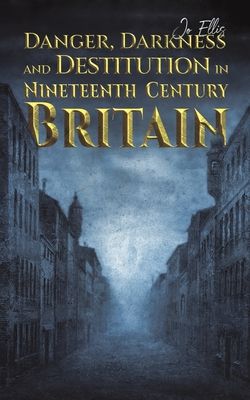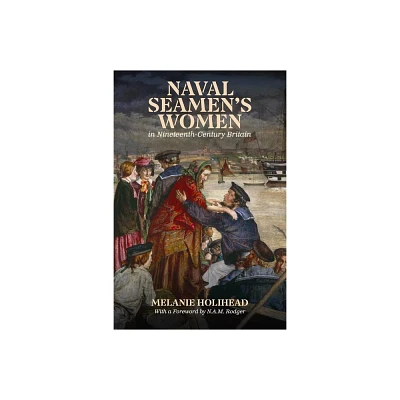Home
Only Connect: Learned Societies in Nineteenth-Century Britain
Loading Inventory...
Barnes and Noble
Only Connect: Learned Societies in Nineteenth-Century Britain
Current price: $115.00


Barnes and Noble
Only Connect: Learned Societies in Nineteenth-Century Britain
Current price: $115.00
Loading Inventory...
Size: OS
*Product Information may vary - to confirm product availability, pricing, and additional information please contact Barnes and Noble
In nineteenth-century Britain, learned societies and clubs became contested sites in which a new kind of identity was created: the charisma and persona of the scholar, of the intellectual.
In the early modern period the subject of knowledge was dogma. Early modern knowledge was often tied to confessional tests and state-building. One road to modernity could be read as escape from institutional and confessional restraints to the freedom of reason. A second one could be read as escape to networks of association and belonging. In the nineteenth century, the latter space was filled in Britain by learned societies (within or outside universities)or even clubs. It was a movement toward a different kind of method and a different kind of learning. Learned societies and clubs became contested sites in which a new kind of identity was created: the charisma and persona of thescholar, of the intellectual. The history of cognition in nineteenth-century Britain became a history of various intellectual enclaves and the people who occupied them.
This book examines the nature of knowledge in nineteenth-century Britain and the role of learned societies, clubs and coteries in its formation, organization and dissolution. Drawing on numerous, unpublished, private papers and manuscripts, it looks predominantly at societies in the metropolitan centres of London, Oxford and Cambridge. It also takes up the relation of British styles of learning, in contrast to Continental forms, which aimed to produce people of culture and character suited for positions of public authority. While the British owed much to German exemplars, a tension in these intellectual exchanges remained, magnified by the Great War. The study concludes by comparing British cognitive niches with similar social formations in Germany, France and the United States.
WILLIAM C. LUBENOW is Distinguished Professor of History at Stockton College of New Jersey. His previous books include Liberal Intellectuals and Public Culture in Modern Britain (Boydell, 2010), The Cambridge Apostles, 1820-1914 (1998) and Parliamentary Politics and the Home Rule Crisis (1988). He has been president of the North American Conference on British Studies.
In the early modern period the subject of knowledge was dogma. Early modern knowledge was often tied to confessional tests and state-building. One road to modernity could be read as escape from institutional and confessional restraints to the freedom of reason. A second one could be read as escape to networks of association and belonging. In the nineteenth century, the latter space was filled in Britain by learned societies (within or outside universities)or even clubs. It was a movement toward a different kind of method and a different kind of learning. Learned societies and clubs became contested sites in which a new kind of identity was created: the charisma and persona of thescholar, of the intellectual. The history of cognition in nineteenth-century Britain became a history of various intellectual enclaves and the people who occupied them.
This book examines the nature of knowledge in nineteenth-century Britain and the role of learned societies, clubs and coteries in its formation, organization and dissolution. Drawing on numerous, unpublished, private papers and manuscripts, it looks predominantly at societies in the metropolitan centres of London, Oxford and Cambridge. It also takes up the relation of British styles of learning, in contrast to Continental forms, which aimed to produce people of culture and character suited for positions of public authority. While the British owed much to German exemplars, a tension in these intellectual exchanges remained, magnified by the Great War. The study concludes by comparing British cognitive niches with similar social formations in Germany, France and the United States.
WILLIAM C. LUBENOW is Distinguished Professor of History at Stockton College of New Jersey. His previous books include Liberal Intellectuals and Public Culture in Modern Britain (Boydell, 2010), The Cambridge Apostles, 1820-1914 (1998) and Parliamentary Politics and the Home Rule Crisis (1988). He has been president of the North American Conference on British Studies.


















